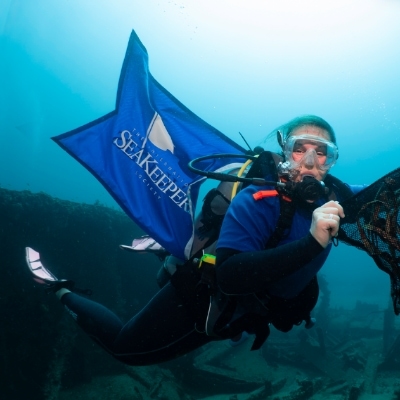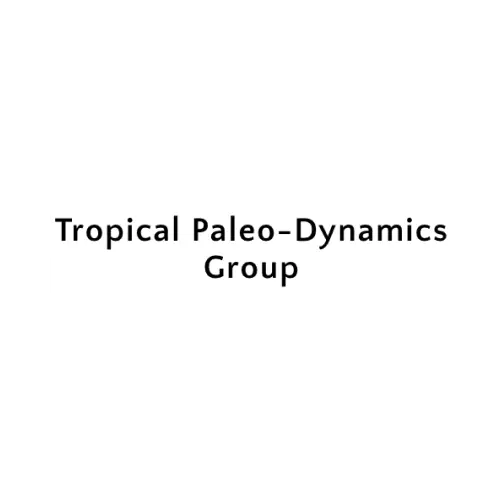Studying Coral Fossils to Understand Recent Climate Changes and Extreme El Niño Events in the Tropical Pacific
Project Overview:
Scientists from Florida State University are trying to understand how El Niño events, which can cause extreme weather, might change in the future due to increasing greenhouse gases. Recently, there have been more extreme El Niño events, and researchers hypothesize this might be because of human activities. However, we don’t fully understand what causes these events or how often they will happen.
A pressing issue is the lack of detailed climate data from before 1970. To better understand the changing climate and the intensifying El Niño events, the researchers will look at ancient coral records, which can show past ocean temperatures. This project will study these coral records from the past 3,000 years to understand changes in ocean temperatures over time.
By examining these records from the Galápagos and other islands in the Pacific Ocean, the scientists hope to create a clearer picture of past climate patterns. This information will help improve climate models and predict future climate changes.
Program Partners
- Florida State University
Location
- Galapagos Islands, Line Islands, and/or Gilbert Islands
Expected Time Frame
- March 2026 - January 2027
Duration of Expedition
- 3 - 7 days for the Galapagos Leg, 10 - 20 days (flexible) for the Line Islands and/or Gilberts Islands
Accommodation Needed
- 3-5 Researchers, 1 Galapagos National Park Ranger, and 1 SeaKeepers Representative.
Special Equipment Needed
- Licensed captain; access to tender or smaller vessel.
Expedition parameters listed above are flexible and negotiable.
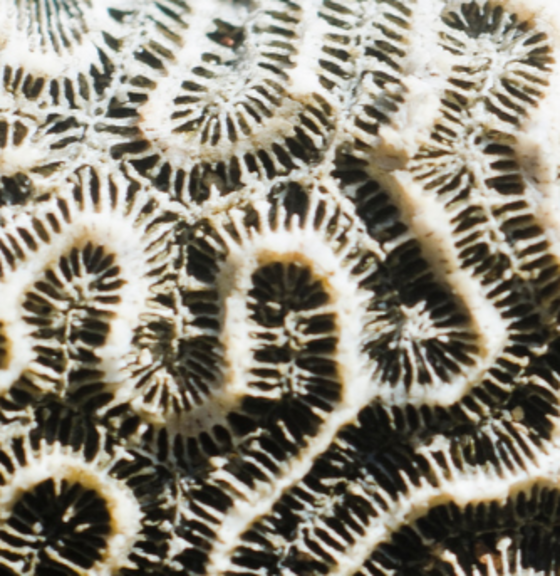
Background:
The El Niño/Southern Oscillation (ENSO) is a climate pattern in the tropical Pacific Ocean that affects weather worldwide every 2-8 years, causing changes in temperature and rainfall. These changes can lead to severe weather events like storms, droughts, and floods, impacting millions of people, especially those in vulnerable regions.
Recently, extreme El Niño events (such as those in 1982/83, 1997/98, and 2015/16) have raised concerns that human activities and greenhouse gases might be making these events more intense. However, we still don’t fully understand what causes these events or how they will change in the future due to climate change.
One major challenge is the lack of detailed climate data from before 1970. To overcome this, scientists can study ancient coral records, which act like natural climate archives, showing past ocean conditions. These corals, especially those found in the tropical Pacific, help us understand how climate patterns like ENSO have changed over thousands of years.
A recent global study highlighted in an important climate report included 46 coral records, mostly from the western Pacific and Atlantic Oceans. However, only six of these records came from the central/eastern Pacific, a crucial area for understanding global climate changes. Most existing coral records cover only the last few centuries, with less than 10 records from before 1700.
To fill this gap, this project plans to expand the number of coral-based climate records from the tropical Pacific over the last 3,000 years. Scientists will collect and analyze smaller coral pieces from various locations, using advanced techniques to determine precise temperature data. This work will create the most detailed record yet of ocean temperatures in this region, helping us understand how ENSO and climate patterns have changed over time and what we might expect in the future.
Mission:
This project aims to significantly enhance our understanding of climate changes in the tropical Pacific, particularly focusing on the El Niño/Southern Oscillation (ENSO), over the past 3,000 years up to today. To achieve this, the research team will create detailed monthly temperature records using ancient coral samples from three important regions in the equatorial Pacific:
• Galápagos Islands (near the equator at 89-92°W)
• Gilbert Islands (near the equator at 172-177°E)
• Line Islands (near the equator at 152-162°W)
While the Galápagos Islands are the primary research location, possible trips to the Gilbert and Line Islands will help cover a wider range of the Pacific Ocean, from the warm pool in the west to the cooler waters in the east. This is crucial for understanding how ENSO affects global climate patterns.
The researchers will use smaller coral samples that provide 10-30 years of climate data each. These smaller samples are more common and will allow them to build a detailed picture of past climate variations. By analyzing these coral records, they aim to create the most comprehensive temperature record of the tropical Pacific over the last 3,000 years. This data will help us better understand how ENSO events have changed over time and improve our predictions for future climate changes.
Applications:
The data from this project will be valuable for future reports by the Intergovernmental Panel on Climate Change (IPCC). These reports play a crucial role in shaping important laws and policies to reduce greenhouse gas emissions caused by human activities. The sub-fossil coral samples that are collected through this project will result in numerous projects led by graduate students with the help of undergraduate student research assistants at Florida State University. These projects will result in numerous scientific publications in peer reviewed journals and in research talks at major scientific meetings (such as the American Geophysical Union Fall Meeting and the European Geophysical Union Annual Meeting).
Relevant/Previous Scientific Publication(s):
- https://doi.org/10.22541/essoar.170904877.72218965/v1
- https://doi.org/10.1029/2021GL094051
- https://doi.org/10.1029/2021JC017587
- https://doi.org/10.1038/s41586-022-05240-9
- https://doi.org/10.1029/2020PA003934
- https://meetingorganizer.copernicus.org/EGU24/EGU24-13006.html
- https://doi.org/10.1007/s00382-016-3477-9
- https://doi.org/10.1038/s41561-023-01291-3
- https://doi.org/10.1029/2023GL104454
- https://doi.org/10.5194/essd-15-2081-2023
- https://doi.org/10.1088/2752-5295/accbe1
Get Involved
If you’re interested in learning more about this specific program opportunity, please reach out to our team below to find out more about this program or get involved in other opportunities with SeaKeepers.
Explore More Opportunities
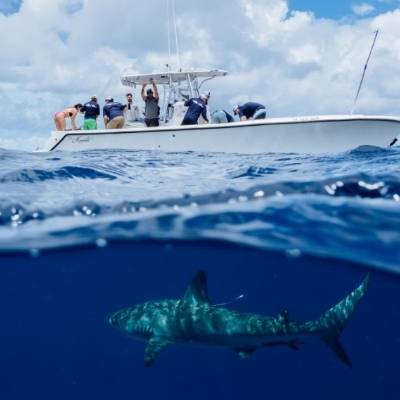
At-Sea Opportunities
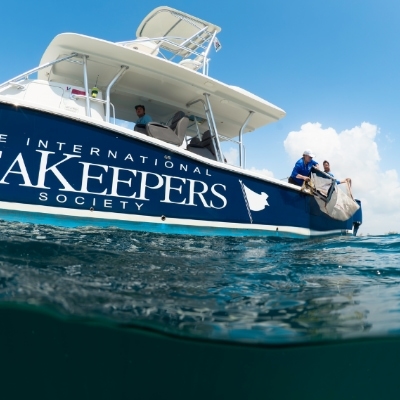
Citizen Science Opportunities
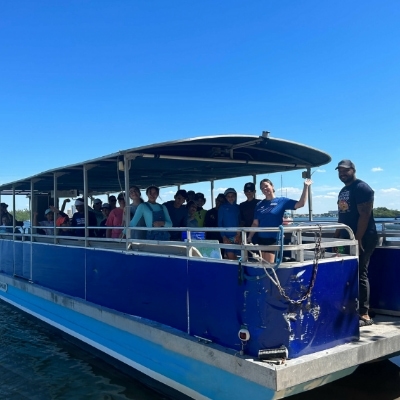
Education Opportunities
